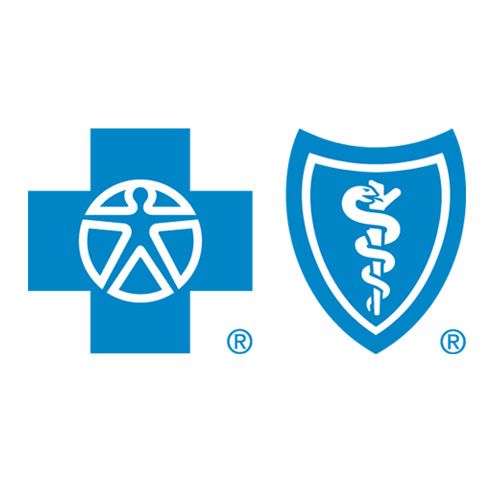Take 5: Expert advice for managing your RX regimen
December 5, 2022Take 5 is a series in which we pose five questions to a Blue Cross associate and learn more about who they are, what they do, and how they help our members live their healthiest lives.
Prescription drugs can create mixed feelings for many people—they are both life-saving and life-enhancing, but prescribed medications can be expensive, complicated and cause troublesome side effects.
Seniors taking multiple medications can benefit from reviewing their medication routine at least once a year. Medicare members with a Part D plan with Blue Cross and Blue Shield of Minnesota can meet with a Blue Cross pharmacist for a Comprehensive Medication Review — a practice known in the health care industry as “medication therapy management.”
In this edition of "Take 5," we talk through five questions with Marypat Habermas, PharmD., a medication therapy management pharmacist, about how Blue Cross helps seniors manage their medications to ensure their best possible health.*

What is the medication therapy management program at Blue Cross?
In the simplest terms, seniors who have certain medical conditions or take several medications can talk to a pharmacist for a comprehensive medication review, commonly known as a CMR. We follow a federal program, which is administered by the Centers for Medicare and Medicaid Services (CMS) and follows the Medication Therapy Management (MTM) model.
The MTM program allows us to take the needed time to catch these potential problems and will hopefully keep people healthier and out of the hospital.
What goes into a “comprehensive medication review”?
We conduct a detailed phone interview with eligible members. This usually takes about a half hour.

What we’re trying to do is go through and make sure that all the medications they’re taking make sense for them at this point in their life.
A pharmacist will talk with the member and look over all of their pharmaceutical information, including what medications they’re buying over-the-counter.
We ask about side effects or any other issues going on, including things that might not show up on most drug interaction screenings. If there are issues that turn up, we work with their primary care team to address those issues.
Some of what we’re doing is providing members with education about the medications they are taking. We’re also looking to see if our member is taking any medications that they may not need. There might be, for example, some drugs they’re using that might increase their risk for other conditions. There are lots of moving pieces.
Why is it necessary to review medications?
It's all too common that doctors may only have ten to fifteen minutes with their patient during an appointment. Often, this means that doctors simply don’t have enough time go through all their medications and symptoms and re-evaluate where their patient is at.
We can help fill in that gap so that nothing is missed for our member. We will go through their entire medication list and make sure they’re getting the correct outcomes from their medications. This can have a very positive effect toward improving their overall health.
Does this this type of approach have a real medical impact for participants?
 It certainly can. This was created to solve a very real issue: the third-most common reason for hospitalizations—and the number one reason for falls among seniors—are issues with their medications.
It certainly can. This was created to solve a very real issue: the third-most common reason for hospitalizations—and the number one reason for falls among seniors—are issues with their medications.
They could be taking too much, or not enough. There could be side effects.
The MTM program allows us to take the needed time to catch these potential problems and will hopefully keep people healthier and out of the hospital.
So, what’s the bottom line for Medicare enrollees?
If you have a Part D plan with Blue Cross and Blue Shield of Minnesota, a Comprehensive Medication Review is offered at no extra cost by calling 1-866-873-5941 9 a.m. to 5 p.m. Central Time, Monday through Friday or visit bluecrossmn.com/mtm.
We want our members to know that we work closely with their primary care teams to make sure they’re getting the best outcomes. We work together to make sure they’re getting the best care, not experiencing bad side effects, and making informed choices about prescription drugs. Our goal is to help our members find a medication regime that is best serving their health.
*Editor's Note:
An earlier version of this article was written by Scott Wooldridge


